
This program is now run by Sustainable Waterloo Region (SWR), learn more here.
The industrial, commercial and institutional (IC&I) sectors are among the country’s largest contributors to unnecessary food waste. Often this reality doesn’t align with the community and sustainability values of many businesses, however implementing food waste diversion practices can be complicated.
Our program made food waste reduction easier and more affordable for businesses wanting to keep food waste out of the landfill and re-purposed it in a circular way!

Through this program, businesses and institutions divert edible food from landfill through food donations. Surplus food is sent to charities that support community members experiencing food insecurity. Food that can’t be donated is converted to high-quality compost for local gardens and farms.

This program advances circularity in the food system for business and institutions, while addressing the pressing issue of climate change. It allows innovators to take a bold stand against food waste, work towards a net-zero food system, improve food security and create a more sustainable future for all.

The program supports innovative operations, data collection and connections between businesses. It results in a more efficient and affordable approach to managing food waste and participation strengthens brand trust and loyalty among consumers and staff.
Launched in 2021, the Commercial Food Rescue & Organic Waste Diversion Pilot has been running Guelph-Wellington, Ontario for over two years. As a finalist of the Food Waste Reduction Challenge, funded through AAFC, CIC collaboratively developed a pilot program with Our Food Future to test a model for accelerating IC&I food waste diversion as part of a circular food economy model, by keeping food and organic waste generated by businesses and institutions at its highest value, through surplus food rescue services and improved access to organic waste collection services for businesses. This interim report reflects the design, implementation, impacts, and key learnings collected since 2021.
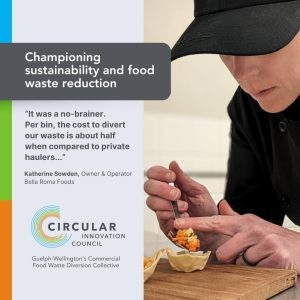
“The quoting itself was a bit of a process. It took three months to figure it out and often the quotes themselves weren’t easy to navigate. Circular Innovation Council was transparent and the conversation was open. It was a no brainer. For us, it’s not just about diverting food waste from landfills; it’s knowing that it’s getting a second life – the program has provided us with an option that aligns with our values. We’ll 100% continue as long as it’s financially viable.” – Katherine Sowden, Owner & Operator, Bella Roma Foods
“Knowing the waste is being diverted from landfill and processed into premium compost through the collective was what drew us to it. That fits with one of our core values – to operate sustainably. Bust cost-wise, it was also comparable to landfill pickup. That’s important because being profitable at the end of the year means we are able to give back to the community. Circular Innovation Council has shared some initial results and metrics with us – how many pounds of food were rescued, the reduction of CO2 emissions and more. This is something that everybody can embrace, and we’re very much interested in seeing it continue.” – Fountain Santos, Managing Partner at Neighbourhood Group of Companies, owns Park Eatery
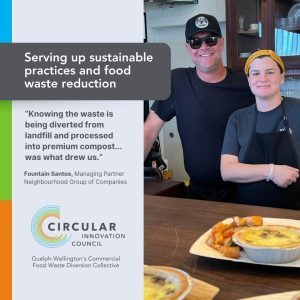
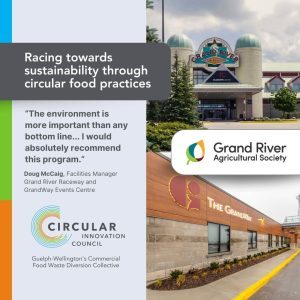
“We were an original sponsor. Being concerned about the environment is part of our mandate, and we look to support programs and places. Food and food waste felt like a natural fit. We believed in the cause. Our team had a few hurdles to work through, but that’s common when implementing any new program. In the end, staff came together to push the initiative forward and we’ve had some success; there is significant opportunity for it to be successful and positive. The environment is more important than any bottom line. Moving forward, GRAS’s goal is to make it a strong and functional program, and we’re looking forward to increasing our volume. I would absolutely recommend this program” – Doug McCaig, Facilities Manager at Grand River Raceway and GrandWay Events Centre
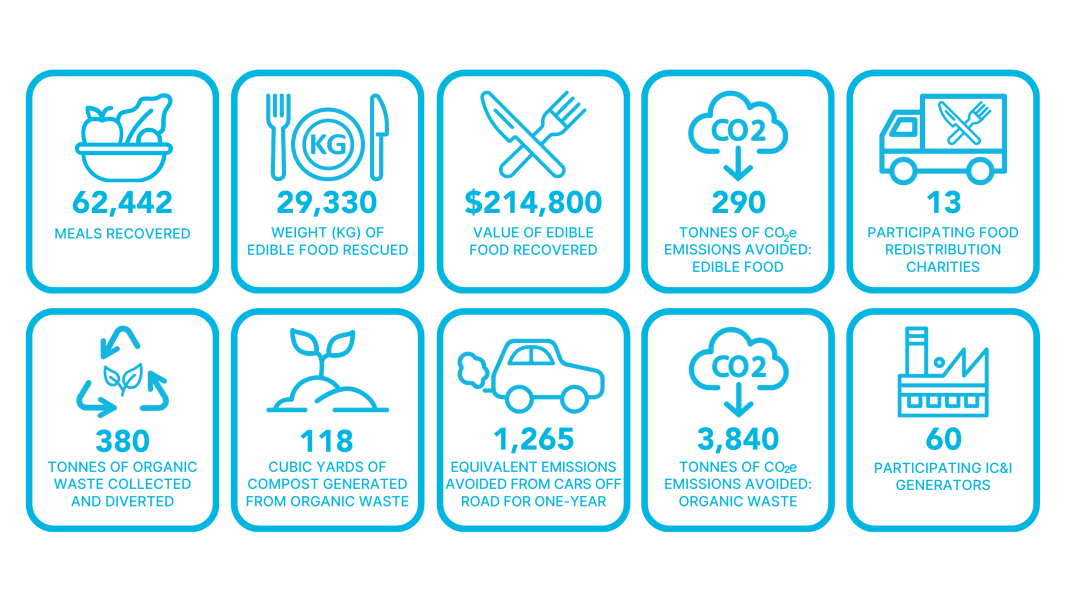
| Logo/Link | Company | Participation |
|---|---|---|
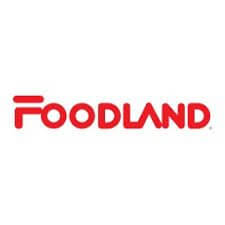 | Arthur Foodland | Foodland is a Canadian grocery chain that prioritizes offering fresh, locally sourced food from regional producers, while supporting local farmers and businesses. The Foodland Arthur store participates in food waste reduction through the pilot’s food rescue program, donating surplus food to the community food bank with the help our partners at Second Harvest. |
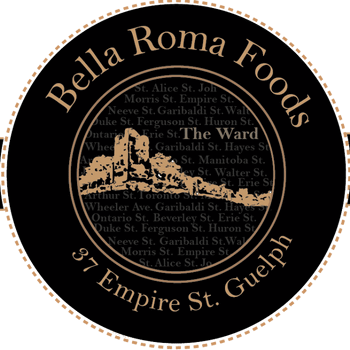 | Bella Roma Foods | Bella Roma Foods is a small local business with deep roots in the Guelph community. They are one of the participating stores in the food waste diversion program. |
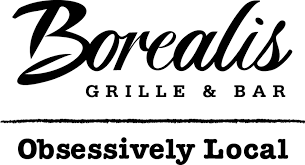 | Borealis Grille Guelph | They are committed to growing and creating delicious, high-quality food. They are one of the participating stores in the food waste diversion program. |
 | Choice REIT Plazas | Choice Properties is a leading Real Estate Investment Trust that creates enduring value through places where people thrive. They are one of the participating stores in the food waste diversion program. |
 | Delta Hotels Guelph and Conference Center | Located in the heart of Southwestern Ontario, Canada, Delta Hotels Guelph Conference Centre is in the University of Guelph’s Research Park Centre, steps from the university’s main campus. They are also one of the participants in Food Waste Diversion Program. |
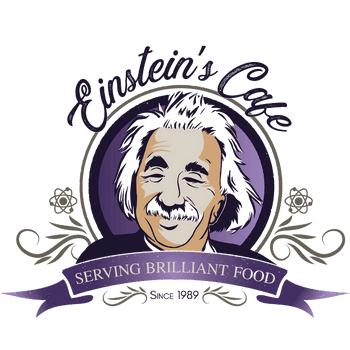 | Einstein’s Cafe | They feature Mexican, Italian and Canadian cuisine, all of which is made fresh on the premises. They are one of the participating stores in the food waste diversion program. |
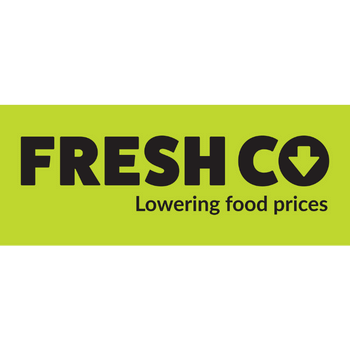 | Fergus FreshCo | Launched in 2010, FreshCo’s commitment has always been to provide the best low-price grocery shopping experience by offering quality fresh food at low prices, in a bright, easy-to-navigate store and friendly teammates. Freshco is one of the participating stores in the food waste diversion program. |
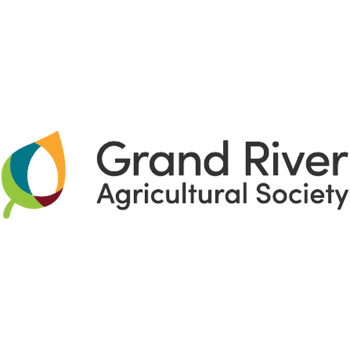 | Grand River Agricultural Society | GRAS’s VISION is to nourish people, animals and the planet. They are one of the participating stores in the food waste diversion program. |
 | Grand River Casino and Raceway | GRAS’s VISION is to nourish people, animals and the planet. They are one of the participating stores in the food waste diversion program. |
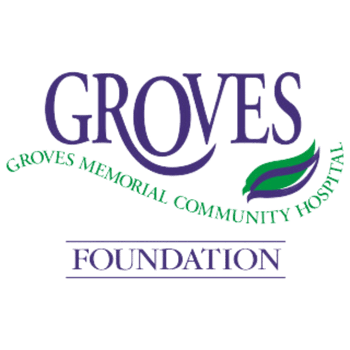 | Groves Memorial Hospital | WHCA is an administrative alliance that was formed to provide a strong, consistent voice for rural health care. They are one of the participating stores in the food waste diversion program. |
 | Guelph FreshCo | Launched in 2010, FreshCo’s commitment has always been to provide the best low-price grocery shopping experience by offering quality fresh food at low prices, in a bright, easy-to-navigate store and friendly teammates. Freshco is one of the participating stores in the food waste diversion program. |
 | Jefferson Elora Corporation | JEC is an auto-parts manufacturer that specializes in Metal Stamping and Robotic Welding. They are one of the participating stores in the food waste diversion program. |
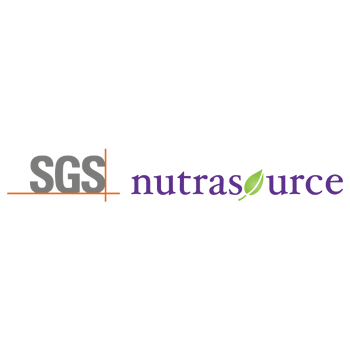 | Nutrasource | As a full-service contract research organization (CRO), they help health product companies discover a strategic pathway to market so they can reach more consumers and ultimately grow their businesses. They are one of the participating stores in the food waste diversion program. |
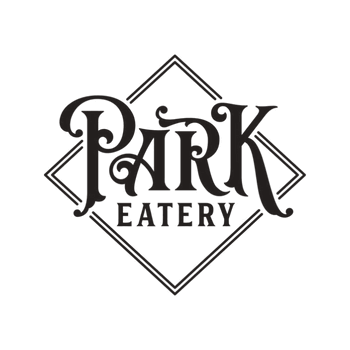 | Park Eatery | Park Eatery is a neighbourhood restaurant, bottle shop and small grocery offering applewood smoked chicken, smoked meat sandwiches, salads and soups all made from scratch, the way they used to be. They are one of the participating stores in the food waste diversion program. |
 | Skyline Head Office | They are a true leader in the apartment industry. They are one of the participating stores in the food waste diversion program. |
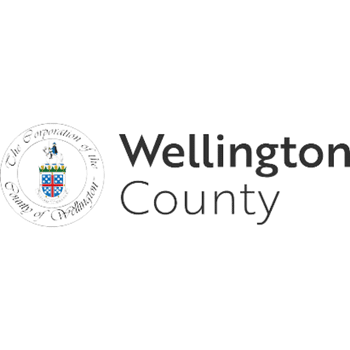 | Wellington County Administration | The County of Wellington is comprised of seven rural member municipalities located in south-western Ontario. They are hosting CIC’s Commercial Food Waste Diversion Program. |
 | Wellington Terrace | They are a municipal, not-for-profit, Long Term Care Home, located in a picturesque rural setting. They are one of the participating stores in the food waste diversion program. |
 | Wellington Place Child Care and Learning Centre | County of Wellington Child Care Centre that strives to provide nurturing and inclusive environments that are attuned to the interests of children – what they know and what they wonder about. The pilot program helps their centre reduce food waste through composting and also educate kids on how to compost and the importance of food waste reduction for the environment. |
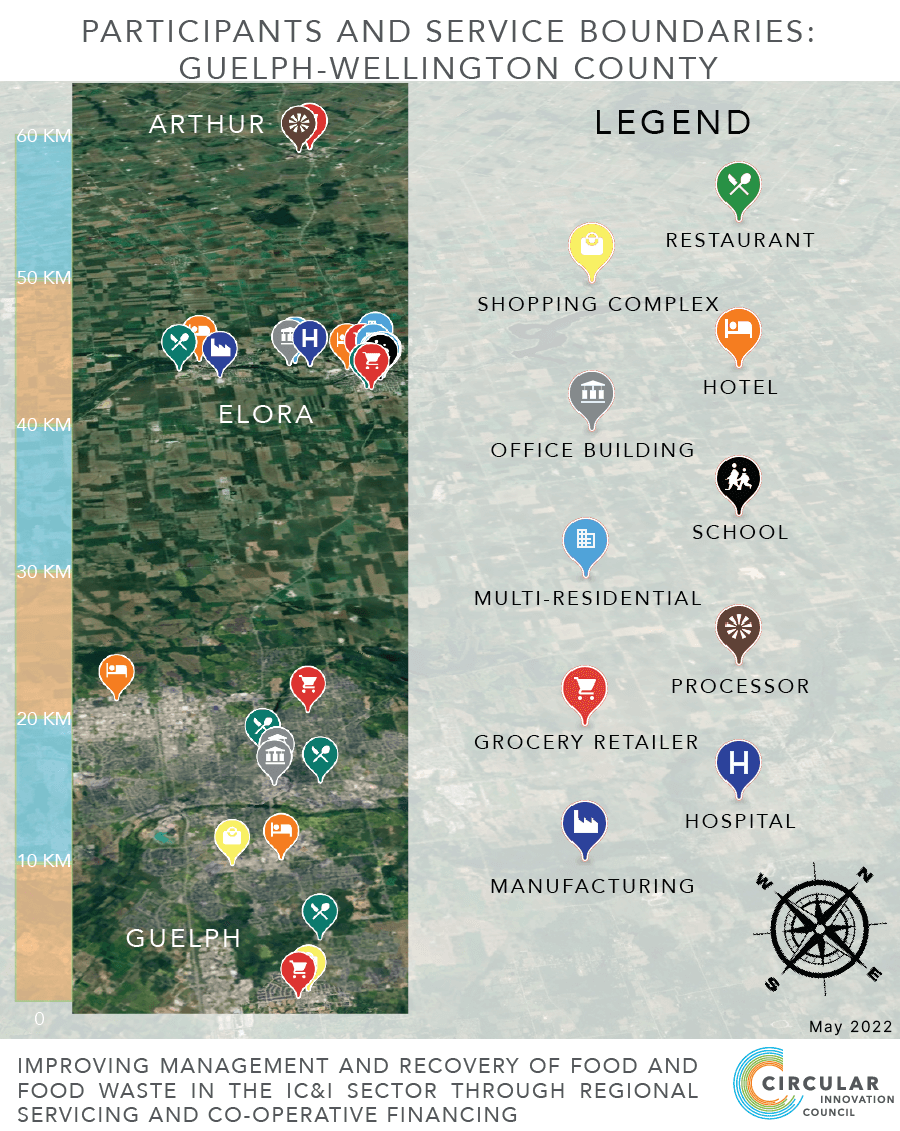

This pilot is made possible through the Agriculture and Agri-Food Canada Food Waste Reduction Challenge: Business Models.
Organic waste is collected by WM and delivered to Walker Environmental’s All Treat Farms in Arthur, ON for processing into valuable compost for biodiversity applications.
Food rescue is enabled by Second Harvest’s Food Rescue App, which allows businesses to notify local charitable partners there is edible food available for collection at a negotiated time.
Pilot data analysis, including greenhouse gas emissions avoided, tonnes food waste diverted per IC&I subsector, and economic analysis of the pilot model will be verified by the University of Guelph.
The pilot, created by Circular Innovation Council and hosted by the City of Guelph and the County of Wellington through the Our Food Future program, is also supported by Clean River Recycling Solutions, Glad, Grand River Agricultural Society, Longo’s, and Skyline Group of Companies to bring circular economy solutions to the region.

This place we call Guelph has served as traditional lands and a place of refuge for many peoples over time, but more specifically the Attiwonderonk, and the Haudenosaunee. This land is held as the treaty lands and territory with the Mississaugas of the Credit First Nation. Guelph lies directly adjacent to the Haldimand Tract and is part of a long-established traditional hunting ground for the Six Nations of the Grand River. Many First Nations, Inuit, and Métis peoples who have come from across Turtle Island call Guelph home today.
The Region of Waterloo is situated on the lands within the Haldimand Treaty of 1784, a formally ratified agreement acknowledging six miles on either side of the Grand River as treaty territory belonging to Six Nations of the Grand River. The Region of Waterloo serves an area within the traditional territories of the Anishinaabe, Chonnonton and Haudenosaunee peoples. This territory is within the lands protected by the Dish with One Spoon Wampum. We acknowledge the enduring presence, knowledge and philosophies of Indigenous Peoples. We acknowledge the continuing accomplishments and contributions Indigenous Peoples make in shaping Waterloo Region.
We respectfully acknowledge that we live, work and play on the traditional territory of many Indigenous Nations and we humbly extend our respect to Indigenous individuals, communities and Elders, past and present, as the traditional custodians of this land.
Circular Innovation Council is a registered charity.
Charity Registration Number: 119112118 RR 0001